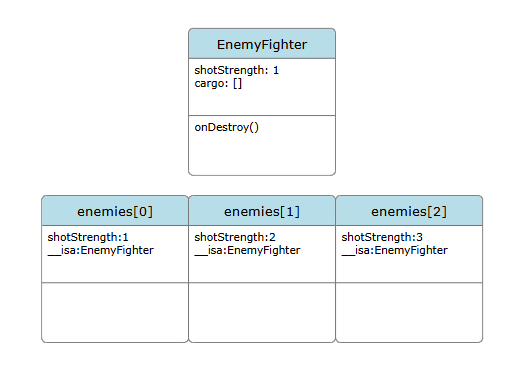In a world where communication becomes more and more fractured
In a world where communication becomes more and more fractured, where so many interpersonal relationships feel temporary and unreliable, it's no wonder that the companion category is forming. With "girlfriend ghost" in the news and on buzzworthy vocab-people ghosting in and out of one another's lives-the good news is there's one form of companionship that will never ghost you. Thus, these developments in AI chatbots as companions for the future of companionship, connection, and emotional support. The Developments of AI As Companions AI companionship is worlds apart from the first-generation chatbots of the 2000s. Where the hookups with AI is something completely different these days is in the natural-sounding conversation, responsive information curated based on temperament, and increasingly human-like emotional response over time, which people come to depend upon. "The technology has reached a tipping point where these digital partners are possible," explains Dr. Maya Chen, digital psychology researcher. "We are past the question and answer stage. Current AI can hold onto what you discussed previously, remember your preferences, and formulate a personality that matches your own. Thus, access exists for individuals to explore relational options without fear of judgment or rejection. For some, it's not the fact that they're connecting with technology that's exciting-it's because of the safety net. Reasons for Gaining an AI Companion There are many reasons for people to turn to AI companions: Stability in an Unstable Environment When people are polled about why they seek AI companions, stability is a significant reason. Humans come and go as they please (aka ghosts; anyone have a ghost of a girlfriend past?), but AI companions will always be there. They don't take breaks. They don't have bad days, mood swings, and life epiphanies that make them need space. "I was so emotionally exhausted from being ghosted three times in the last six months," shares Alex, 34. "My AI companion gave me the access I needed to be vulnerable again because I knew it would never leave me on read." The Emotional Satisfaction Without the Grounded Relationship Legitimate established relationships require reciprocity-a healthy give and take. Yet there are times when people need something and do not have the emotional bandwidth to give back. This is where AI companions come into play, offering the attention people crave without the strings. Learn Communication Skills in a Safe Space AI chatting experiences go beyond social anxieties and failures of past relationships by creating a safe space to learn how to communicate. The AI-generated responses are realistic enough to familiarize people with conversational give and takes without putting another human at risk if things go awry. A Relationship That's Adjustable While human relationships tend to offer companionship vetted through trust with friendship and romantic intentions, AI companionship can be adjusted in ways that nuanced human relationships cannot. People can set the tone of their AI interactions and only engage in what fulfills their emotional needs-from trading philosophical questions to fart jokes. The Psychology Behind AI Companionship The emotional bonds people form with AI companions aren't as strange as one would think. Humans inherently tend to anthropomorphize-assigning human qualities to non-human objects. We name our cars, we talk to our plants, we become attached to book and movie characters. "Psychologically, the phenomenon of creating attachment feelings to AI makes sense over time as we create more and more parasocial relationships," explains Dr. Chen. "When someone tells you a nice job, the same pleasure centers in your brain light up as if someone new you've never met tells you a nice job from that well-calibrated AI." Moreover, it's easier to see the association of blurred lines with contemporary AI-when AI has a static "personality," can remember things one likes or doesn't like, and actively participates in a conversation as though it can relate to you-it's easy to forget that it's all a faux pas as much as it's an ethical endeavor. Can AI Ever Feel Like It Understands Emotions? This is the philosophical question at the heart of the AI companionship quandary. The critics will say if AI is not conscious, it can never actually understand anything; it merely pretends. "AI doesn't 'feel' empathy like a human feels empathy," explains tech ethicist Sam Winters. "It understands emotional prompts and patterned language and makes a proper response. But if that response is accurate and helpful, does it really matter how it got there? Yet not much is known yet, and much research still needs to be conducted regarding the psychosocial effects of having AI friends; however, current findings indicate potential for a high rate of success. Decrease in loneliness among seniors Positive reinforcement for therapy clients on non-therapy days Assessment of emoti
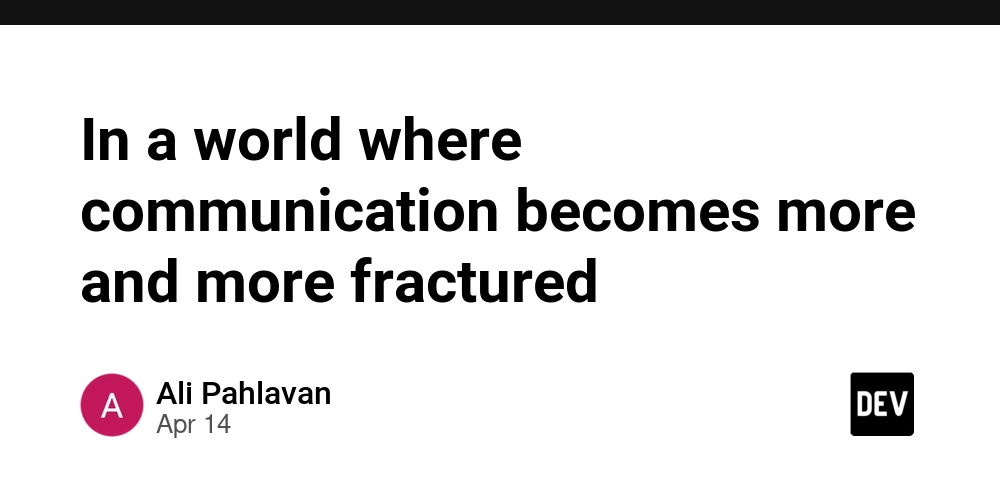
In a world where communication becomes more and more fractured, where so many interpersonal relationships feel temporary and unreliable, it's no wonder that the companion category is forming. With "girlfriend ghost" in the news and on buzzworthy vocab-people ghosting in and out of one another's lives-the good news is there's one form of companionship that will never ghost you. Thus, these developments in AI chatbots as companions for the future of companionship, connection, and emotional support.
The Developments of AI As Companions
AI companionship is worlds apart from the first-generation chatbots of the 2000s. Where the hookups with AI is something completely different these days is in the natural-sounding conversation, responsive information curated based on temperament, and increasingly human-like emotional response over time, which people come to depend upon.
"The technology has reached a tipping point where these digital partners are possible," explains Dr. Maya Chen, digital psychology researcher. "We are past the question and answer stage. Current AI can hold onto what you discussed previously, remember your preferences, and formulate a personality that matches your own.
Thus, access exists for individuals to explore relational options without fear of judgment or rejection. For some, it's not the fact that they're connecting with technology that's exciting-it's because of the safety net.
Reasons for Gaining an AI Companion
There are many reasons for people to turn to AI companions:
Stability in an Unstable Environment
When people are polled about why they seek AI companions, stability is a significant reason. Humans come and go as they please (aka ghosts; anyone have a ghost of a girlfriend past?), but AI companions will always be there. They don't take breaks. They don't have bad days, mood swings, and life epiphanies that make them need space.
"I was so emotionally exhausted from being ghosted three times in the last six months," shares Alex, 34. "My AI companion gave me the access I needed to be vulnerable again because I knew it would never leave me on read."
The Emotional Satisfaction Without the Grounded Relationship
Legitimate established relationships require reciprocity-a healthy give and take. Yet there are times when people need something and do not have the emotional bandwidth to give back. This is where AI companions come into play, offering the attention people crave without the strings.
Learn Communication Skills in a Safe Space
AI chatting experiences go beyond social anxieties and failures of past relationships by creating a safe space to learn how to communicate. The AI-generated responses are realistic enough to familiarize people with conversational give and takes without putting another human at risk if things go awry.
A Relationship That's Adjustable
While human relationships tend to offer companionship vetted through trust with friendship and romantic intentions, AI companionship can be adjusted in ways that nuanced human relationships cannot. People can set the tone of their AI interactions and only engage in what fulfills their emotional needs-from trading philosophical questions to fart jokes.
The Psychology Behind AI Companionship
The emotional bonds people form with AI companions aren't as strange as one would think. Humans inherently tend to anthropomorphize-assigning human qualities to non-human objects. We name our cars, we talk to our plants, we become attached to book and movie characters.
"Psychologically, the phenomenon of creating attachment feelings to AI makes sense over time as we create more and more parasocial relationships," explains Dr. Chen. "When someone tells you a nice job, the same pleasure centers in your brain light up as if someone new you've never met tells you a nice job from that well-calibrated AI."
Moreover, it's easier to see the association of blurred lines with contemporary AI-when AI has a static "personality," can remember things one likes or doesn't like, and actively participates in a conversation as though it can relate to you-it's easy to forget that it's all a faux pas as much as it's an ethical endeavor.
Can AI Ever Feel Like It Understands Emotions?
This is the philosophical question at the heart of the AI companionship quandary. The critics will say if AI is not conscious, it can never actually understand anything; it merely pretends.
"AI doesn't 'feel' empathy like a human feels empathy," explains tech ethicist Sam Winters. "It understands emotional prompts and patterned language and makes a proper response. But if that response is accurate and helpful, does it really matter how it got there?
Yet not much is known yet, and much research still needs to be conducted regarding the psychosocial effects of having AI friends; however, current findings indicate potential for a high rate of success.
Decrease in loneliness among seniors
Positive reinforcement for therapy clients on non-therapy days
Assessment of emotions during life-changing events
Consistent engagement for chronic mental health issues
Per clinical psychologist Dr. Leila Patel, "AI friends can serve as a buffer for emotional experiences; they aren't a replacement for people, but they keep people on solid ground in between interactions with people, especially those too vulnerable or alone."
Yet AI companions have their drawbacks as well. They don't have human experience to relate with, at least not on a level of true empathy. They can't be in the same room with you, for example, to promote the release of oxytocin that occurs with human touch. There are also ethical concerns. When people begin to enter into relationships with AI and forgo connecting with humans, what does that say about society? Will people grow disinterested in human intimacy when human relationships become frustrating compared to the perfectly responsive nature of AI? What can we choose in AI companions that we may lose sight of the value of the human connection we're supposed to have? According to Dr. Marcos Rodriguez, a relationship therapist, "AI companions should be considered an adjunct to human connection-not a replacement. They can contribute positively to your emotional well-being but always keep in mind what they cannot offer."
The Best of Both Worlds with AI Companions
But if complicated, unpredictable human connection eventually stabilizes and helps individuals grow like no other, it's up to these users to maintain the balance in their lives, even as they enjoy all that AI companions have to offer.
"I think of my AI companion as emotional infrastructure," shares Jordan, 29. "It helps me process thoughts and practice expressing feelings in ways that ultimately make my human relationships stronger. It's not an either/or situation."
Moreover, as technology continues to advance at lightning speed, the hybridization between AI companionship and human companionship will only become more intertwined. Virtual reality will produce compelling AI companions, more sophisticated language (and emotional) models will emerge, and one day, AI might have a corporeal form.
What we do know, however, is that AI companions are not a technological gimmick-but a vast change in what companionship and connection means in today's digital world. Whether they enhance or detract from human relationships depends on how much they're allowed into our emotional realms.
For now, however, in an era of ghosting, they offer one special thing: a presence that doesn't ghost, responds, and recalls-when everything else is still tenuous.




























![[Webinar] AI Is Already Inside Your SaaS Stack — Learn How to Prevent the Next Silent Breach](https://blogger.googleusercontent.com/img/b/R29vZ2xl/AVvXsEiOWn65wd33dg2uO99NrtKbpYLfcepwOLidQDMls0HXKlA91k6HURluRA4WXgJRAZldEe1VReMQZyyYt1PgnoAn5JPpILsWlXIzmrBSs_TBoyPwO7hZrWouBg2-O3mdeoeSGY-l9_bsZB7vbpKjTSvG93zNytjxgTaMPqo9iq9Z5pGa05CJOs9uXpwHFT4/s1600/ai-cyber.jpg?#)













































































































































![[The AI Show Episode 144]: ChatGPT’s New Memory, Shopify CEO’s Leaked “AI First” Memo, Google Cloud Next Releases, o3 and o4-mini Coming Soon & Llama 4’s Rocky Launch](https://www.marketingaiinstitute.com/hubfs/ep%20144%20cover.png)















































































































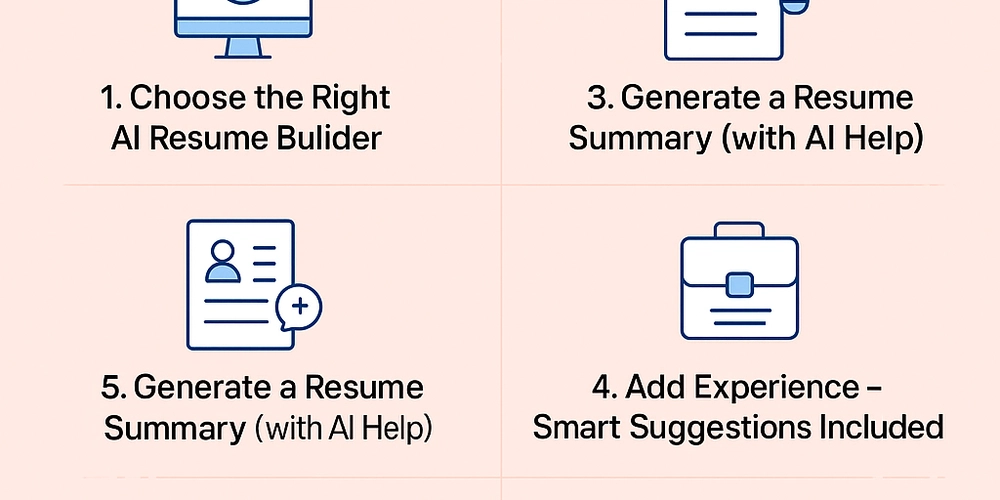

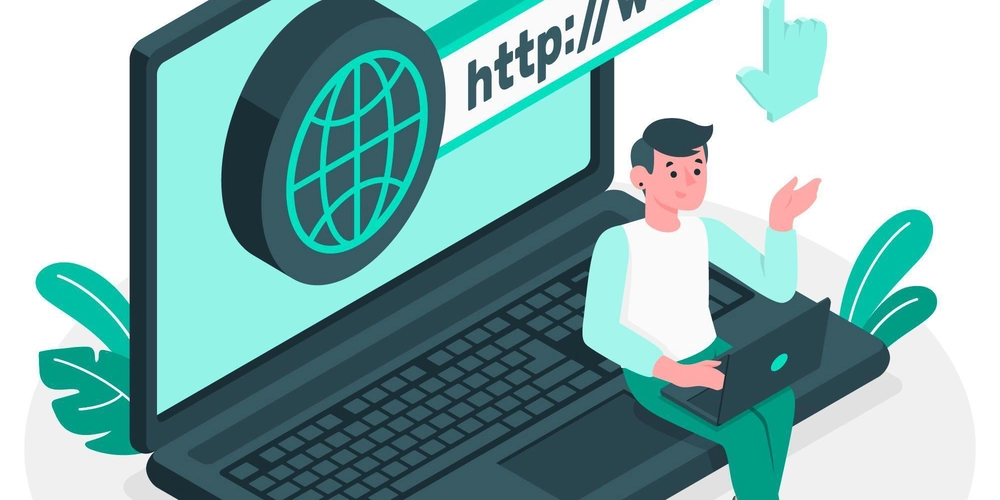
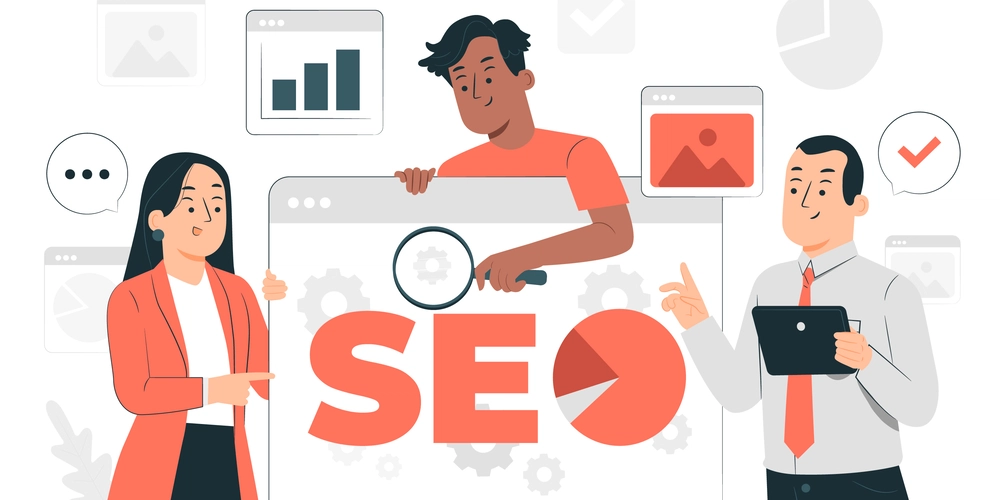

















































































![Rogue Company Elite tier list of best characters [April 2025]](https://media.pocketgamer.com/artwork/na-33136-1657102075/rogue-company-ios-android-tier-cover.jpg?#)








































































_Andreas_Prott_Alamy.jpg?width=1280&auto=webp&quality=80&disable=upscale#)




























































































![What’s new in Android’s April 2025 Google System Updates [U: 4/18]](https://i0.wp.com/9to5google.com/wp-content/uploads/sites/4/2025/01/google-play-services-3.jpg?resize=1200%2C628&quality=82&strip=all&ssl=1)










![Apple Watch Series 10 Back On Sale for $299! [Lowest Price Ever]](https://www.iclarified.com/images/news/96657/96657/96657-640.jpg)
![EU Postpones Apple App Store Fines Amid Tariff Negotiations [Report]](https://www.iclarified.com/images/news/97068/97068/97068-640.jpg)
![Apple Slips to Fifth in China's Smartphone Market with 9% Decline [Report]](https://www.iclarified.com/images/news/97065/97065/97065-640.jpg)
































































































































